The Connecticut Attorney General has initiated legal action against two individuals and three companies for committing multiple crimes, including impersonation of homeowners and unauthorized installation of solar panels.
The state’s lawsuit targets Sierra Howes and Dakota Grumet, principals at Elevate Solar Solutions, Bright Planet and Sunrun, the company responsible for the installations and system ownership. This action addresses three distinct cases in Connecticut, namely the Windsor, Stafford Springs and Wethersfield transactions.
In one particularly bold instance, known as the Windsor Transaction, Howes and Grumet proposed a residential solar project costing $306 per month to a homeowner who rejected the offer. Subsequently, an employee from Bright Planet is alleged to have forged the homeowner’s digital signatures. The lawsuit also includes a recorded call of a Bright Planet employee impersonating the homeowner to Sunrun:
The Sunrun representative then asks Sierra Ford to put the consumer on the line to confirm the details of the transaction. The consumer is female. However, the voice purporting to be the consumer’s on the recorded call is a deep male voice. The voice purports to confirm the consumer’s name, but erroneously reverses the first and last names, as was done on the contract.
On October 9, approximately a week after the deceptive call, Sunrun, notably efficient on this occasion, installed a 14.22 kW residential system without permits.
The Stafford Springs and Wethersfield transactions similarly showcase unethical practices. In Stafford Springs, a homeowner consented to a solar agreement, but claims to have never received a contract to review, later discovering the total cost would exceed $135,000 over 25 years. In both instances, the solar panels were installed in late 2022 without initial permits, which were only later approved by local authorities. To date, neither system has been activated.
In all three instances, the solar modules are still on the respective homes. The Attorney General’s complaint enumerates fifteen counts of legal violations, with four charges each against Sunrun, Bright Planet and Elevate Solar Solutions. These charges include unfairness, deception, per se violations (violations that are inherently illegal), and willfulness.
In the broader context of door-to-door sales, several U.S. states have taken similar legal actions. Minnesota, for instance, recently sued four of the nation’s largest solar finance companies. Vision Solar has faced lawsuits in multiple states, including Connecticut and Arizona. Additionally, Vivint Solar, prior to its acquisition by Sunrun, was sued in New Mexico. Most recently, Rhode Island enacted a law requiring background checks for residential solar salespeople.
This content is protected by copyright and may not be reused. If you want to cooperate with us and would like to reuse some of our content, please contact: editors@pv-magazine.com.
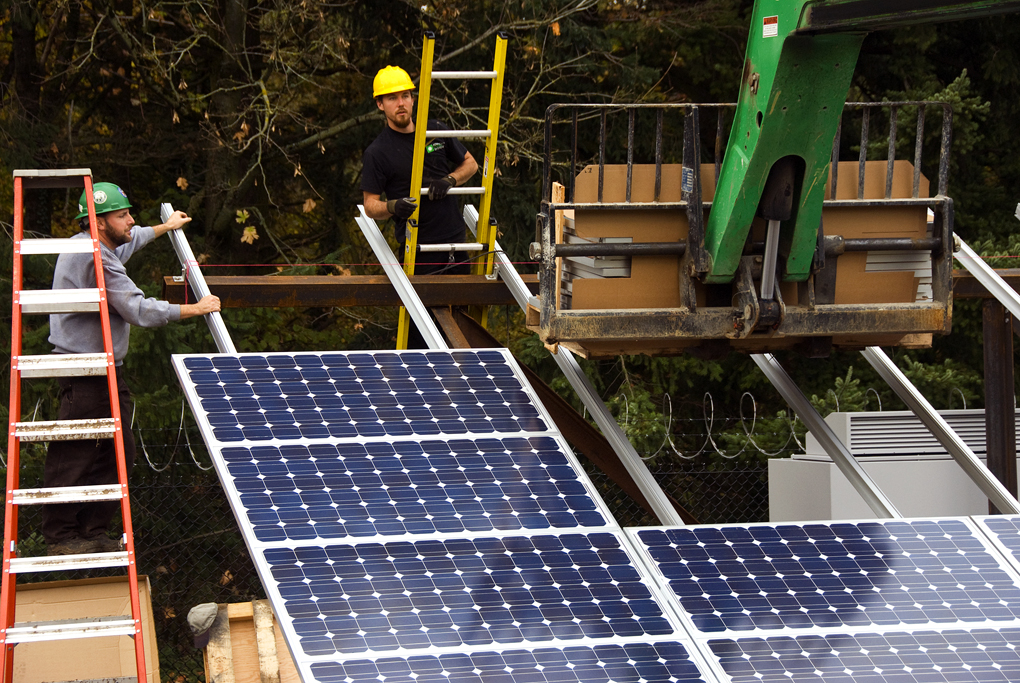
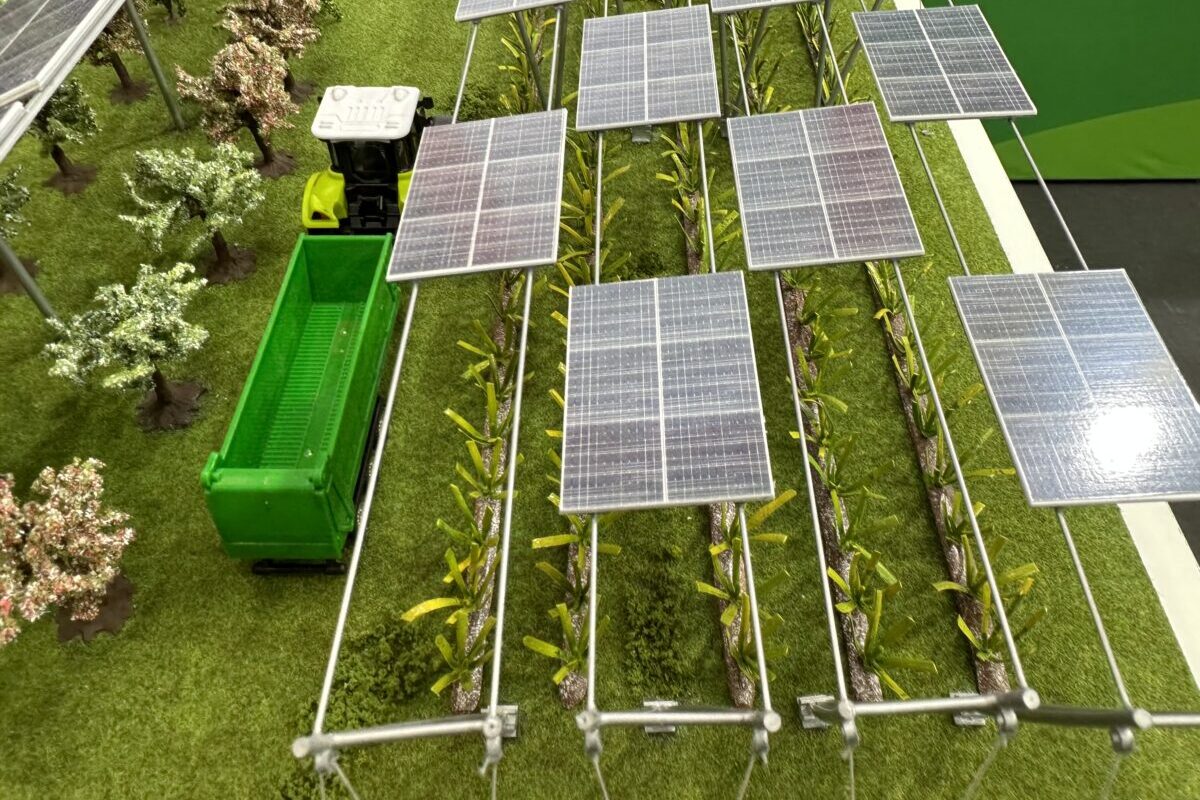


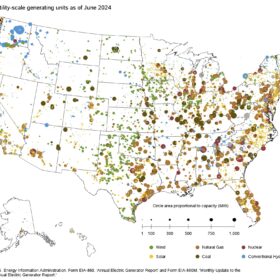
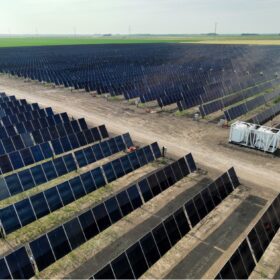
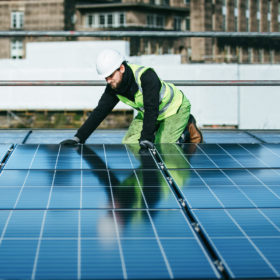
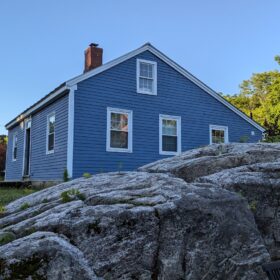
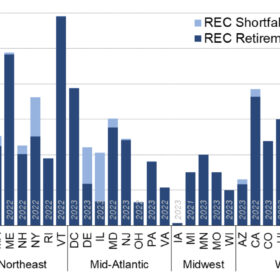
By submitting this form you agree to pv magazine using your data for the purposes of publishing your comment.
Your personal data will only be disclosed or otherwise transmitted to third parties for the purposes of spam filtering or if this is necessary for technical maintenance of the website. Any other transfer to third parties will not take place unless this is justified on the basis of applicable data protection regulations or if pv magazine is legally obliged to do so.
You may revoke this consent at any time with effect for the future, in which case your personal data will be deleted immediately. Otherwise, your data will be deleted if pv magazine has processed your request or the purpose of data storage is fulfilled.
Further information on data privacy can be found in our Data Protection Policy.